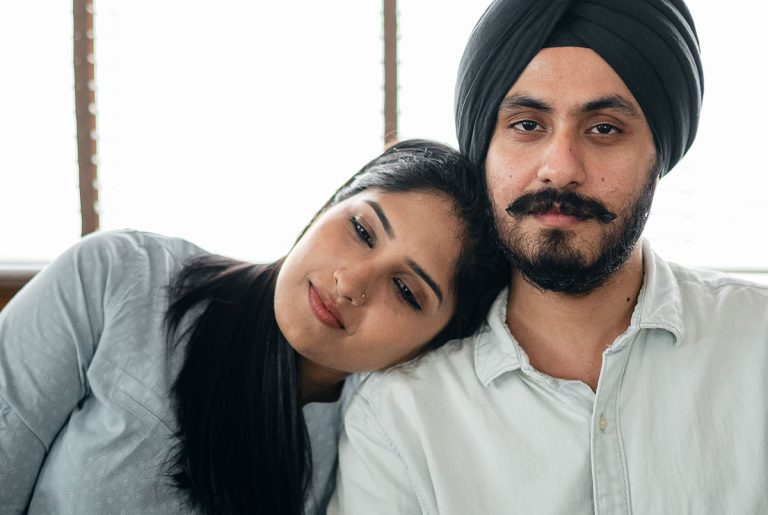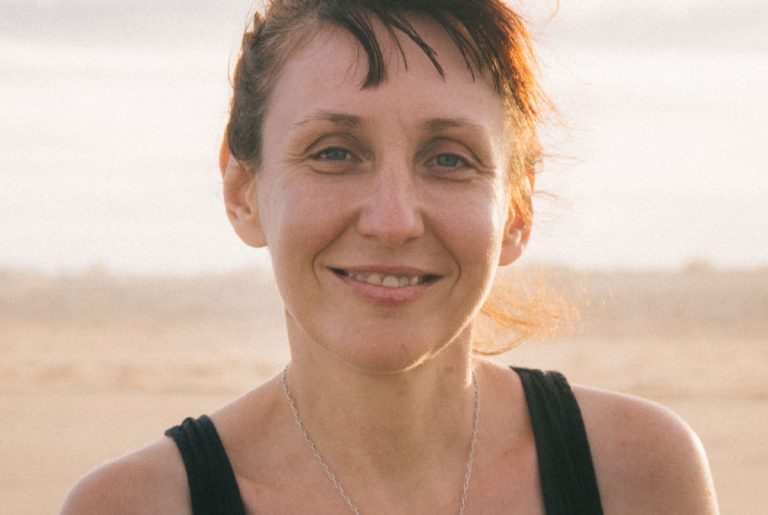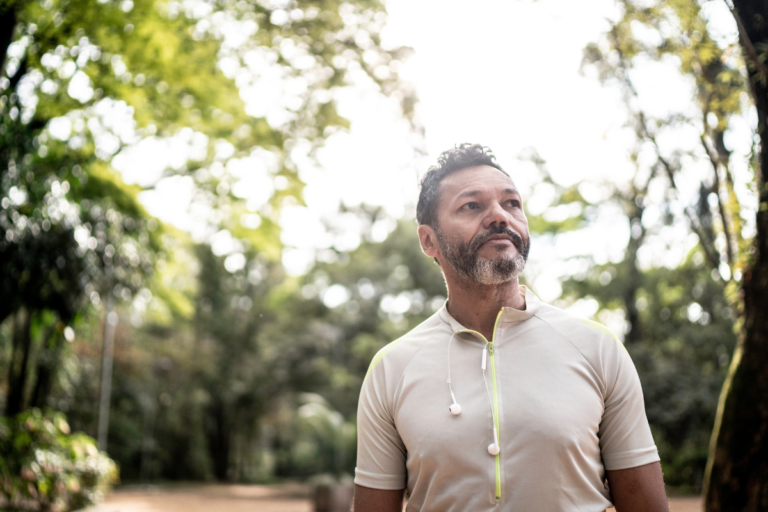If you’re experiencing conflict or difficulties in your relationship, you’re not alone. Opposing opinions, different values and communication issues are inevitable at one point or another. Couples counselling can be a really valuable way for you to overcome these hurdles – but it’s not always as easy as just booking the appointment. Here’s how to talk to your partner about seeing a counsellor as a couple.
You can move through most problems with your partner simply by being aware of them, and then being willing to face them as a united front. But sometimes couples need some extra help to navigate habits or break patterns that have developed in their relationship. Having these open conversations with your partner – especially when there’s so much history between you – can be tricky, or even feel impossible.
When problems aren’t resolved, you might feel disconnected and notice that the love, trust and protection in your relationship begins to fade. This may be the point when one – or both – of you might consider seeking professional support from a relationship counsellor.
The stigma surrounding therapy has shifted in recent years, but there can still be a vulnerability around help-seeking and a sense of shame around ‘not being ok’.
When one partner blocks the idea of working with a couples counsellor, it might lead to extra tension in the relationship. It’s natural to be nervous about seeking professional guidance, but relationship counselling is a powerful tool that can really help couples manage conflict and strengthen their relationship.
Does going to couples counselling mean there’s something wrong with my relationship?
It’s important to address the myth that couples counselling is only useful when things go wrong in a relationship. Counselling can also be used as a preventative measure. Couples counselling can give you strategies to better understand and connect with your partner, help you explore stressors and tensions, and improve your communication skills. All of these factors are important when building healthy and strong relationships.
Research shows that couples counselling increases relationship satisfaction, problem-solving and helps to resolve needs and feelings. It can also be used as an opportunity to explore your shared values, expectations and ambitions, like whether you want children or how you want to raise them, the amount of time you spend together and how you spend that time, your joint finances, each person’s role within the relationship, sex and intimacy, and how you’ll handle stressful life events.
Exploring these topics before they become issues can improve the quality of your relationship. You don’t need to be at the point of a failing relationship to reap the benefits of working with a couples counsellor.
So, what is couples counselling?
Couples counselling is generally a short-term form of therapy, which takes into account each unique couple’s needs and preferences. Some approaches might include:
Examining recurring issues
Your therapist will try to uncover the history of your relationship, get to know you, and recognise how the past has led to this point. Identifying any patterns will help you to understand you and your partner’s motivation and behaviours, and how these influence and conflict.
Emotion focussed therapies
This is where the therapist helps you and your partner to identify your own and each other’s emotions, and communicate them (and their underlying needs) more effectively.
Skills development
There may be a very practical element to couples counselling, where the therapist supports both partners to develop skills around conflict resolution, problem-solving and improving communication.
How to ask your partner to try couples counselling
It might initially feel uncomfortable bringing up the idea, but if you’re thinking about working with a couples counsellor, it’s important to be open and transparent with your partner. Avoiding conflict is likely to make things worse – not better.
Here are some strategies to help you navigate the conversation:
Choose your timing
Don’t raise the idea of counselling in the middle of an argument. Your partner might be feeling defensive, which can impact how receptive they’ll be to the idea of therapy. Try to avoid bringing things up on the fly – you want to ensure there’s enough time to really explore the topic, hear your partner’s thoughts and work through any questions they have.
Don’t play the blame game
Think about using “I” statements, like “I feel…”, rather than “you” statements; “you make me feel…”. Taking ownership of your own feelings can help reduce the chance of your partner responding defensively.
Focus on the goal or the outcome you want, rather than the problem. You might say something like, “I really value our relationship and want it to be as strong as possible, so I’d like to explore getting some additional support to be the best we can be.”
Be honest
It might feel uncomfortable or be hard to talk about, but if you don’t let your partner know your concerns, then they won’t have the opportunity to step up, and you won’t be able to work together to address things. If we don’t talk about our issues, then they build up and can become toxic.
Relationships need to be open and honest – if either partner has to walk on eggshells around the other it can reduce trust and emotional connection, so don’t avoid the heavy topics.
Myth busting
Dig a little deeper to find out what their reluctance to engage in couples counselling is all about. You might find that they feel vulnerable or shameful, or worry that the relationship is broken.
Let them know that couples counselling can be a preventative measure too, and can give you both the tools to strengthen your relationship and avoid patterns repeating themselves.
How do I find a couples counsellor?
Once you’ve made the decision to see a couples counsellor, it’s important to work together to choose the right person. Having some say over who the therapist is will help your partner feel some ownership of the process and more empowered if their opinion and needs are taken into account.
Don’t settle for a counsellor if they aren’t a good fit. It’s important that you both feel safe so you feel comfortable enough to really get into the nitty gritty of your relationship.
If you feel like you need any additional support to tackle difficult conversations in your relationships, support is available. Relationships Australia NSW offers online Couples Communication programs, individual counselling and couples counselling. These programs can support you to develop skills and strategies to communicate and explore issues with your loved ones more effectively.
Related Services & Workshops

Counselling.Couples.Mental Health.LGBTQIA+
Couples Counselling
Relationships can be tough, and sometimes we all need some extra support and guidance to help us move forward. Couples Counselling at RANSW offers a supportive environment where you can discuss concerns, overcome tensions and strengthen your partnership.

Counselling.Individuals.Older People.LGBTQIA+
Individual Counselling
Life can be full of ups and downs. While we may be able to overcome most challenges by ourselves, sometimes we need some extra support. Individual Counselling offers a supportive environment to identify and manage problems and concerns.






